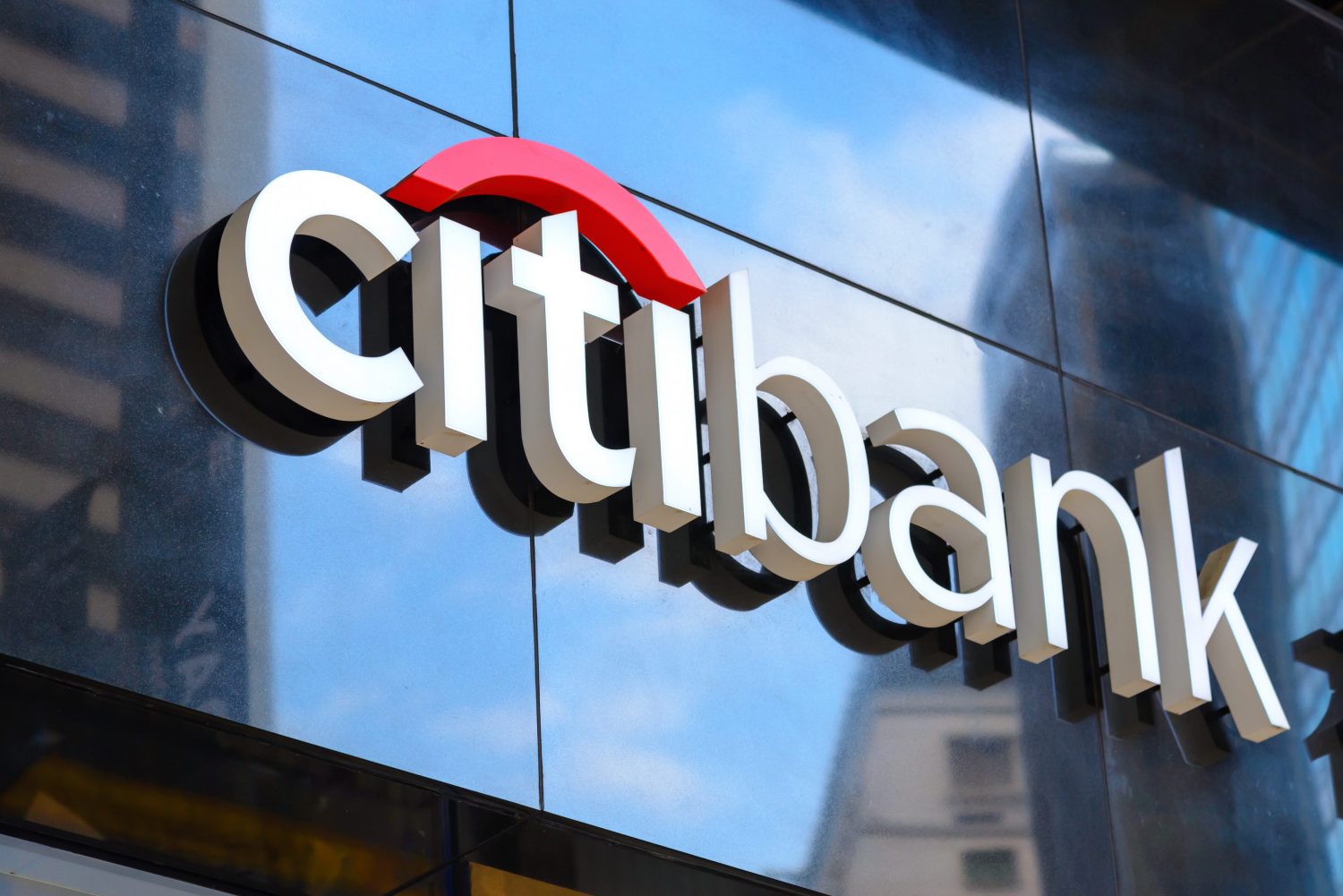Will Hashdex’s ‘Undeniable’ Distinctions Help Win Bitcoin ETF Race? Some Analysts Think So
/arc-photo-coindesk/arc2-prod/public/LXF2COBSKBCNHNRE3WTK2BZ7GE.png)
The probability of Hashdex’s spot-bitcoin exchange traded fund (ETF) application getting the Securities and Exchange Commission (SEC) approval could be higher than others among the 12 spot-bitcoin applicants due to its apparently different approach to the application, according to some analysts.
During an Oct. 13 meeting with the SEC, the firm argued that its application is a “novel proposal” that is building upon the SEC’s guidance as the “fund will buy physical bitcoin from a regulated market, the CME (Chicago Mercantile Exchange), and it will be entirely reliant on CME pricing.”
The Brazil-based asset manager aims to shift the investment strategy of its already trading Hashdex Bitcoin Futures ETF (DEFI) – approved in 2022 and listed on NYSE Arca – into one that can hold spot-bitcoin ETF. What may set the company’s application apart, as Hashdex has argued since August, seems to be the firm’s decision to use CME over Coinbase (COIN) for the SEC’s requirement of a surveillance-sharing agreement (SSA) for all the applicants.
An SSA allows for sharing information about market trading activity, clearing activity, and customer identification, and is meant to leave a lesser possibility of market manipulation.
“BlackRock and most other spot bitcoin ETF applicants believe a surveillance-sharing agreement with the exchange where BTC trades, solves this SEC’s SSA requirement, but there has been no evidence that this addresses the SEC’s concerns.” Hashdex’s CIO Samir Kerbage wrote in a blog in August.
This approach could give Hashdex an edge, analysts said in August.
“In a way, this is a move trying to go around the Coinbase SSA by only doing certain types of transactions – EFRP (Exchange for Related Position),” Bloomberg Intelligence ETF analyst James Seyffart said in a post on the social media platform X (formerly Twitter) at the time.
“Basically Hashdex will exchange futures for equivalent spot exposure rather buying direct from exchanges with cash. This seems to be another angle where SEC/Gensler is kinda getting cornered,” he noted.
Seyffart appeared to have since doubled down on his optimism about Hashdex’s chance to get approval, following the latest development of the firm’s meeting with the SEC.
“In the event that the SEC finds a way to deny all other #Bitcoin ETFs (not my base case) @hashdex’s application is tailored to every argument SEC has made in the past. I don’t think they’ll be able to deny this one,” he tweeted on Oct. 25.
Other analysts seem to have agreed that Hashdex’s different approach could put it atop the list of spot bitcoin ETFs to potentially get the SEC’s nod.
A “brilliant move by Hashdex/NYSE” tweeted Nate Geraci, co-founder of ETF Institute, getting a retweet from another Bloomberg Intelligence ETF analyst, Eric Balchunas.
“I would be shocked if the likes of BlackRock and Fidelity get held back and Hashdex makes it through,” Balchunas said in a separate tweet later. “Pre-SEC court loss maybe, but just think highly unlikely but it is clever. Can’t deny that.”
Echoing Geraci and Bachunas, co-founder and CIO of the Altana Digital Currency Fund, Alistair Milne, also said the application could be “hard to reject” by the SEC.
The 12 spot-bitcoin ETF applications that are currently waiting for SEC’s approval are from Hashdex, Grayscale, 21Shares (Ark), BlackRock, Bitwise, VanEck, Wisdomtree, Invesco (Galaxy), Fidelity, Valkyrie, Global X and Franklin Templeton.
Hashdex didn’t comment about the probability of their application going through or the optimistic opinion of ETF analysts but suggested it had made changes to address SEC concerns.
“A filing for a strategy change of a futures ETF allows an issuer to take an SEC-approved approach and make changes to directly address SEC concerns around holding spot,” Hashdex’s Kerbage told CoinDesk in an email.
“Since it would be live and already trading, investors have the added benefit of not having to switch from a futures to spot product,” he added.
Edited by Aoyon Ashraf and Jesse Hamilton.









